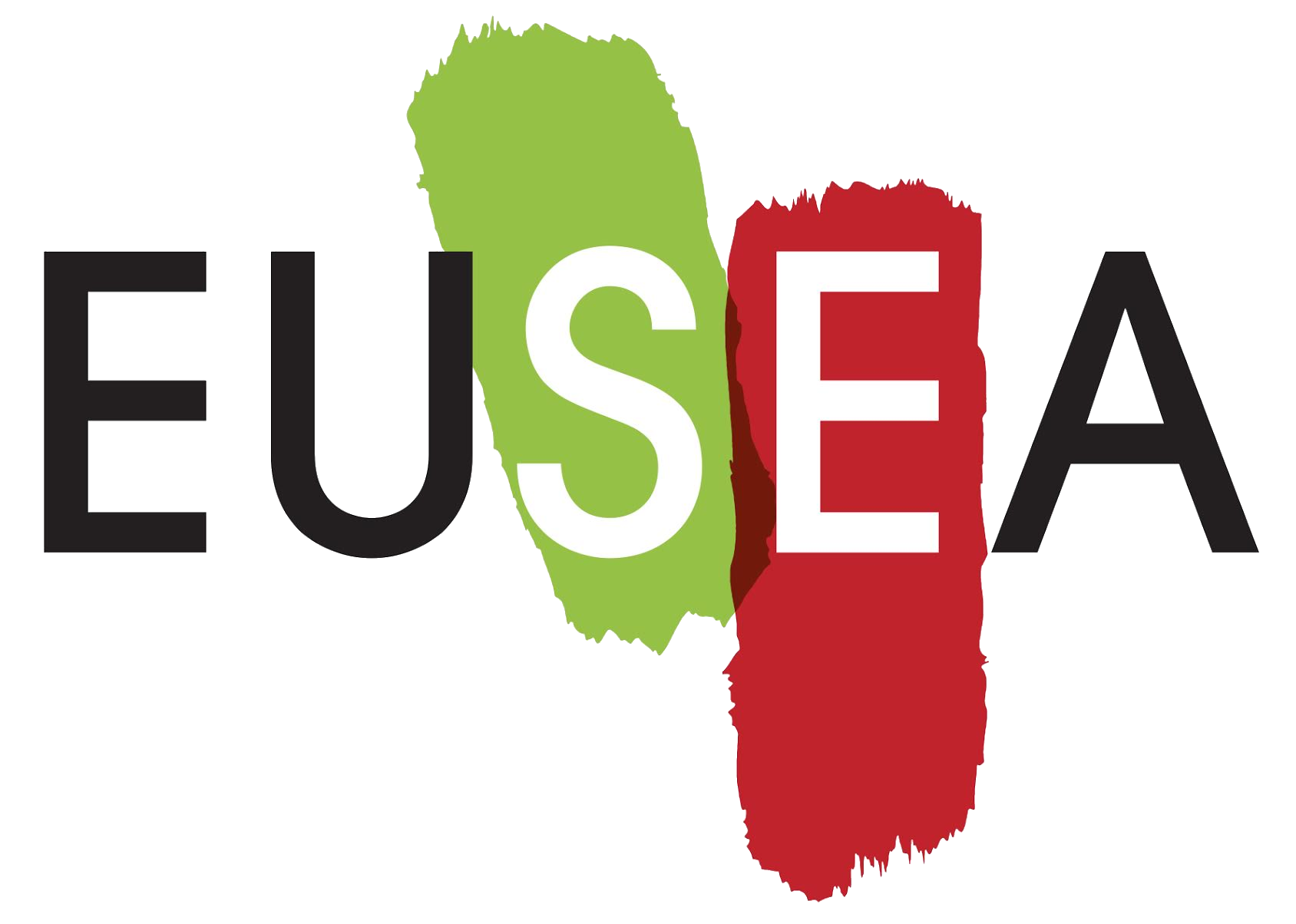Description
A science cafe is an opportnity for an audience to engage with scientists outside of a formal situation, such as in a lecture theatre or laboratory, and meet in the comfortable, informal atmosphere such as in a café, or in another informal setting where refreshments are available. Citizens can exchange with the expert(s) and learn something about the work they do and are encouraged to ask critical questions. Often these events are started by a moderator, who will introduce the topic, the experts, and the concept of a Science Café (that involves two-way communication between the visitors and the expert). Then one to three experts will give short preamble statements (max. 10 min) in which the expert introduces their field of work and summarises the central issues. Following this, there is a discussion with the audience, facilitated by the moderator. The goal of these event types is to create a vivid dialogue and interaction between the experts and the public so that both gain new perspectives.
Target Audience
- Adult citizens
- Teenagers
You can do it with all those groups, but we did it with professionals from different fields like public engagement or the cultural and creative sector.
Benefits
Benefits
A Science Café provides a good opportunity to create a dialogue between experts and the general public. Everyone is welcome, and while sipping at a cup of tea or coffee people can inform themselves about and discuss current issues and research. The activity provides a space for inspiring ideas and encourages participants to take up new perspectives. Furthermore, it is relatively easy and inexpensive to arrange.
Preparations
- Decide on an interesting topic.
- Invite enthusiastic expert(s).
- Decide on a good venue.
- Consider the material you need (e.g. technical equipment, pens, cards, …).
- Promote your event.
- Depending on the venue, you might need to provide refreshments.
Notes
For the café to be successful, the main speakers should not sit at one table, but mingle amongst the audience. This helps to emphasise the “café atmosphere”. Similar to a debate, an experienced moderator is very important. He/she has to ensure that everyone has an opportunity to participate, rephrases any difficult question and should keep an eye on the time. It might also be a good idea to prime someone in the audience to ask the first question to kick off the discussion. Further, it is important that each participant can see and hear the expert(s) well. For that, a microphone is recommended. Although it might be tempting to invite a panel of experts from different fields, the risk is that the experts over the entire discussion, and the visitors become more observers rather than active participants. Lastly, keep in mind that there might be some costs like fees for the venue or for the experts.




